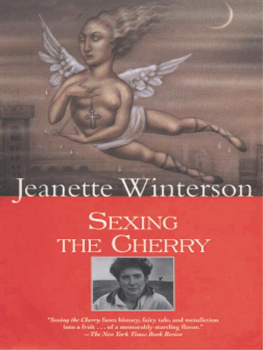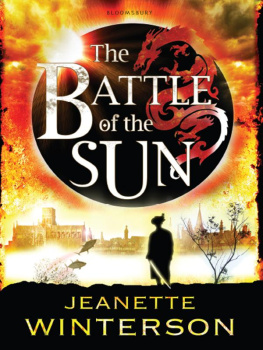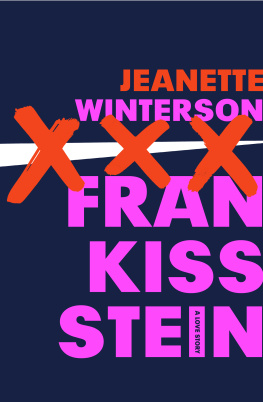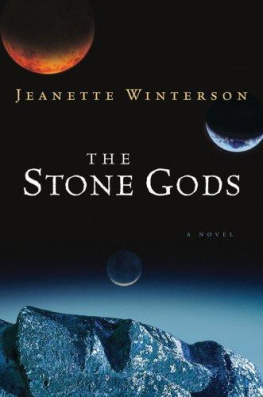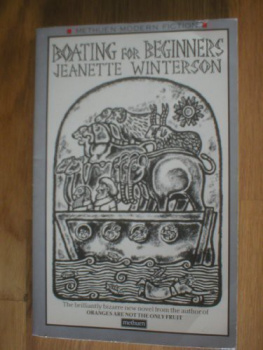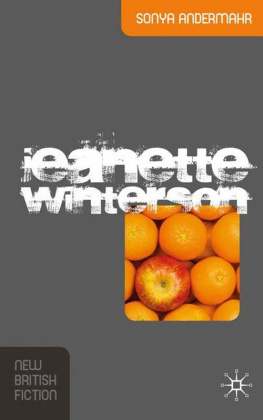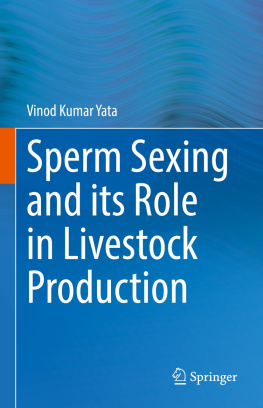Jeanette Winterson - Sexing the Cherry
Here you can read online Jeanette Winterson - Sexing the Cherry full text of the book (entire story) in english for free. Download pdf and epub, get meaning, cover and reviews about this ebook. year: 1998, publisher: Grove Press, genre: Detective and thriller. Description of the work, (preface) as well as reviews are available. Best literature library LitArk.com created for fans of good reading and offers a wide selection of genres:
Romance novel
Science fiction
Adventure
Detective
Science
History
Home and family
Prose
Art
Politics
Computer
Non-fiction
Religion
Business
Children
Humor
Choose a favorite category and find really read worthwhile books. Enjoy immersion in the world of imagination, feel the emotions of the characters or learn something new for yourself, make an fascinating discovery.
- Book:Sexing the Cherry
- Author:
- Publisher:Grove Press
- Genre:
- Year:1998
- Rating:5 / 5
- Favourites:Add to favourites
- Your mark:
- 100
- 1
- 2
- 3
- 4
- 5
Sexing the Cherry: summary, description and annotation
We offer to read an annotation, description, summary or preface (depends on what the author of the book "Sexing the Cherry" wrote himself). If you haven't found the necessary information about the book — write in the comments, we will try to find it.
Sexing the Cherry — read online for free the complete book (whole text) full work
Below is the text of the book, divided by pages. System saving the place of the last page read, allows you to conveniently read the book "Sexing the Cherry" online for free, without having to search again every time where you left off. Put a bookmark, and you can go to the page where you finished reading at any time.
Font size:
Interval:
Bookmark:
ALSO BY JEANETTE WINTERSON
Oranges Are Not the Only Fruit
The Passion
Written on the Body
Art and Lies
Art Objects
Gut Symmetries
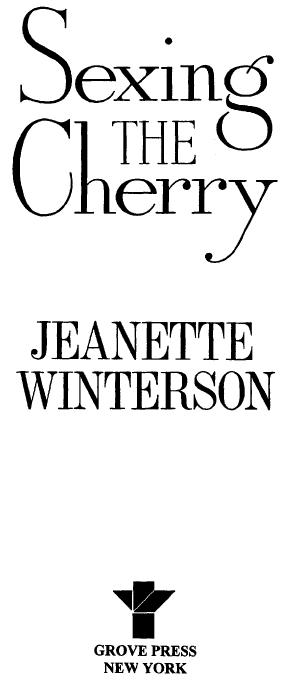
Copyright 1989 by Jeanette Winterson
All rights reserved. No part of this book may be reproduced in any form or by any electronic or mechanical means, or the facilitation thereof, including information storage and retrieval systems, without permission in writing from the publisher, except by a reviewer, who may quote brief passages in a review. Any members of educational institutions wishing to photocopy part or all of the work for classroom use, or publishers who would like to obtain permission to include the work in an anthology, should send their inquiries to Grove/Atlantic, Inc.,
841 Broadway, New York, NY 10003.
First published in Great Britain in 1989 by Bloomsbury Publishing Ltd.
Printed in the United States of America
Library of Congress Catalog Card Number 90-30682
ISBN 978-0-8021-9870-9 (ebook)
Grove Press
an imprint of Grove/Atlantic, Inc.
841 Broadway
New York, NY 10003
Distributed by Publishers Group West
www.groveatlantic.com
CONTENTS
FOR MELANIE ADAMS
My thanks are due to Don and Ruth Rendell, whose hospitality gaveme the space to work. To all at Bloomsbury, especially Liz Calderand Caroline Michel. And to Pat Kavanagh for her continualsupport.
This page intentionally left blank
The Hopi, an Indian tribe, have a language as sophisticated as ours, but no tenses for past, present and future. The division does not exist. What does this say about time?
Matter, that thing the most solid and the well-known, which you are holding in your hands and which makes up your body, is now known to be mostly empty space. Empty space and points of light. What does this say about the reality of die world?
This page intentionally left blank
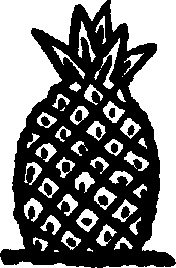
M y name is Jordan. This is the first thing I saw. It was night, about a quarter to twelve, the sky divided in halves, one cloudy, the other fair. The clouds hung over the wood, there was no distance between them and the tops of the trees. Where the sky was clear, over the river and the flat fields newly ploughed, the moon, almost full, shone out of a yellow aureole and reflected in the bow of the water. There were cattle in the field across, black against the slope of the hill, not moving, sleeping. One light, glittering from the only house, looked like the moat-light of a giant's castle. Tall trees flanked it. A horse ran loose in the courtyard, its hooves sparking the stone.
Then the fog came. The fog came from the river in thin spirals like spirits in a churchyard and thickened with the force of a genie from a bottle. The bulrushes were buried first, then the trunks of the trees, then the forks and the junctions. The tops of the trees floated in the fog, making suspended islands for the birds.
The cattle were all drowned and the moat-light, like a lighthouse, appeared and vanished and vanished and appeared, cutting the air like a bright sword.
The fog came towards me and the sky that had been clear was covered up. It was bitterly cold, my hair was damp and I had no hand-warmer. I tried to find the path but all I found were hares with staring eyes, poised in the middle of the field and turned to stone. I began to walk with my hands stretched out in front of me, as do those troubled in sleep, and in this way, for the first time, I traced the lineaments of my own face opposite me.
Every journey conceals another journey within its lines: the path not taken and the forgotten angle. These are the journeys I wish to record. Not the ones I made, but the ones I might have made, or perhaps did make in some other place or time. I could tell you the truth as you will find it in diaries and maps and log-books. I could faithfully describe all that I saw and heard and give you a travel book. You could follow it then, tracing those travels with your finger, putting red flags where I went.
For the Greeks, the hidden life demanded invisible ink. They wrote an ordinary letter and in between the lines set out another letter, written in milk. The document looked innocent enough until one who knew better sprinkled coal-dust over it. What the letter had been no longer mattered; what mattered was the life flaring up undetected 
till now.
I discovered that my own life was written invisibly, was squashed between the facts, was flying without me like the Twelve Dancing Princesses who shot from their window every night and returned home every morning with torn dresses and worn-out slippers and remembered nothing.
I resolved to set a watch on myself like a jealous father, trying to catch myself disappearing through a door just noticed in the wall. I knew I was being adulterous; that what I loved was not going on at home. I was giving myself the slip and walking through this world like a shadow. The longer I eluded myself the more obsessed I became with the thought of discovery. Occasionally, in company, someone would snap their fingers in front of my face and ask, 'Where are you?' For a long time I had no idea, but gradually I began to find evidence of the other life and gradually it appeared before me.
Remember the rock from whence ye are hewn and the pit from whence ye are digged.'
My mother carved this on a medallion and hung it round my neck the day she found me in the slime by the river. I was wrapped up in a rotting sack such as kittens are drowned in, but my head had wedged uppermost against the bank. I heard dogs coming towards me and a roar in the water and a face as round as the moon with hair falling on either side bobbed over me. She scooped me up, she tied me between her breasts whose nipples stood out like walnuts. She took me home and kept me there with fifty dogs and no company but her own.
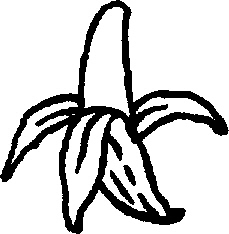
I had a name but I have forgotten it.
They call me the Dog-Woman and it will do. I call him Jordan and it will do. He has no other name before or after. What was there to call him, fished as he was from the stinking Thames? A child can't be called Thames, no and not Nile either, for all his likeness to Moses. But I wanted to give him a river name, a name not bound to anything, just as the waters aren't bound to anything. When a woman gives birth her waters break and she pours out the child and the child runs free. I would have liked to pour out a child from my body but you have to have a man for that and there's no man who's a match for me.
When Jordan was a baby he sat on top of me much as a fly rests on a hill of dung. And I nourished him as a hill of dung nourishes a fly, and when he had eaten his fill he left me.
Jordan...
I should have named him after a stagnant pond and then I could have kept him, but I named him after a river and in the flood-tide he slipped away.
When Jordan was three I took him to see a great rarity and that was my undoing. There was news that one Thomas Johnson had got himself an edible fruit of the like never seen in England. This Johnson, though he's been dead for twenty years now, was a herbalist by trade, though I'd say he was more than that. When a woman found herself too round for her liking and showing no blood by the moon, it was Johnson she visited with only a lantern for company. And when she came back all flat and smiting she said it was Mistletoe or Cat-nip or some such, but I say he sucked it out for the Devil.
Font size:
Interval:
Bookmark:
Similar books «Sexing the Cherry»
Look at similar books to Sexing the Cherry. We have selected literature similar in name and meaning in the hope of providing readers with more options to find new, interesting, not yet read works.
Discussion, reviews of the book Sexing the Cherry and just readers' own opinions. Leave your comments, write what you think about the work, its meaning or the main characters. Specify what exactly you liked and what you didn't like, and why you think so.

